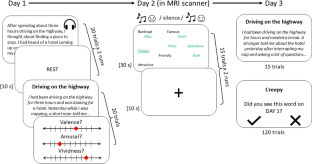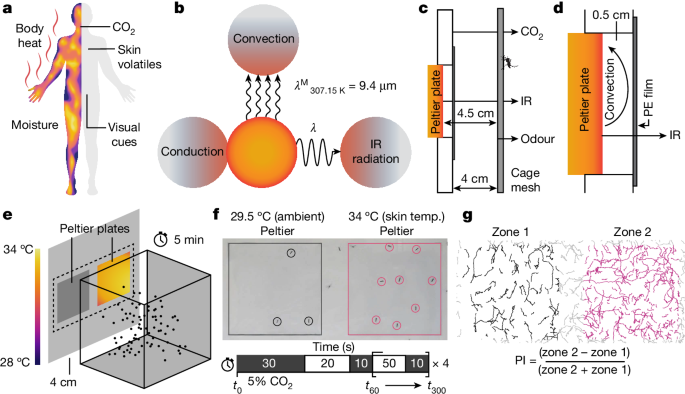2024-08-22 ジョージア工科大学
<関連情報>
- https://research.gatech.edu/feature/music-and-memory
- https://journals.plos.org/plosone/article?id=10.1371/journal.pone.0306271
- https://link.springer.com/article/10.3758/s13415-024-01200-0
視覚的配列の符号化は、音楽の概略構造と親しみやすさによって調節される Visual sequence encoding is modulated by music schematic structure and familiarity
Yiren Ren ,Grace Leslie,Thackery Brown
PLOS One Published: August 7, 2024
DOI:https://doi.org/10.1371/journal.pone.0306271
Abstract
Music is omnipresent in daily life and may interact with critical cognitive processes including memory. Despite music’s presence during diverse daily activities including studying, commuting, or working, existing literature has yielded mixed results as to whether music improves or impairs memory for information experienced in parallel. To elucidate how music memory and its predictive structure modulate the encoding of novel information, we developed a cross-modal sequence learning task during which participants acquired sequences of abstract shapes accompanied with paired music. Our goal was to investigate whether familiar and structurally regular music could provide a “temporal schema” (rooted in the organized and hierarchical structure of music) to enhance the acquisition of parallel temporally-ordered visual information. Results revealed a complex interplay between music familiarity and music structural regularity in learning paired visual sequences. Notably, compared to a control condition, listening to well-learned, regularly-structured music (music with high predictability) significantly facilitated visual sequence encoding, yielding quicker learning and retrieval speed. Conversely, learned but irregular music (where music memory violated musical syntax) significantly impaired sequence encoding. While those findings supported our mechanistic framework, intriguingly, unlearned irregular music–characterized by the lowest predictability–also demonstrated memory enhancement. In conclusion, this study demonstrates that concurrent music can modulate visual sequence learning, and the effect varies depending on the interaction between both music familiarity and regularity, offering insights into potential applications for enhancing human memory.
エピソード記憶想起時の情緒的音楽は、その後の誤った情動記憶の痕跡を調節する:fMRI研究 Affective music during episodic memory recollection modulates subsequent false emotional memory traces: an fMRI study
Yiren Ren,Sophia Kaltsouni Mehdizadeh,Grace Leslie & Thackery Brown
Cognitive, Affective, & Behavioral Neuroscience Published:02 July 2024
DOI:https://doi.org/10.3758/s13415-024-01200-0

Abstract
Music is a powerful medium that influences our emotions and memories. Neuroscience research has demonstrated music’s ability to engage brain regions associated with emotion, reward, motivation, and autobiographical memory. While music’s role in modulating emotions has been explored extensively, our study investigates whether music can alter the emotional content of memories. Building on the theory that memories can be updated upon retrieval, we tested whether introducing emotional music during memory recollection might introduce false emotional elements into the original memory trace. We developed a 3-day episodic memory task with separate encoding, recollection, and retrieval phases. Our primary hypothesis was that emotional music played during memory recollection would increase the likelihood of introducing novel emotional components into the original memory. Behavioral findings revealed two key outcomes: 1) participants exposed to music during memory recollection were more likely to incorporate novel emotional components congruent with the paired music valence, and 2) memories retrieved 1 day later exhibited a stronger emotional tone than the original memory, congruent with the valence of the music paired during the previous day’s recollection. Furthermore, fMRI results revealed altered neural engagement during story recollection with music, including the amygdala, anterior hippocampus, and inferior parietal lobule. Enhanced connectivity between the amygdala and other brain regions, including the frontal and visual cortex, was observed during recollection with music, potentially contributing to more emotionally charged story reconstructions. These findings illuminate the interplay between music, emotion, and memory, offering insights into the consequences of infusing emotional music into memory recollection processes.


